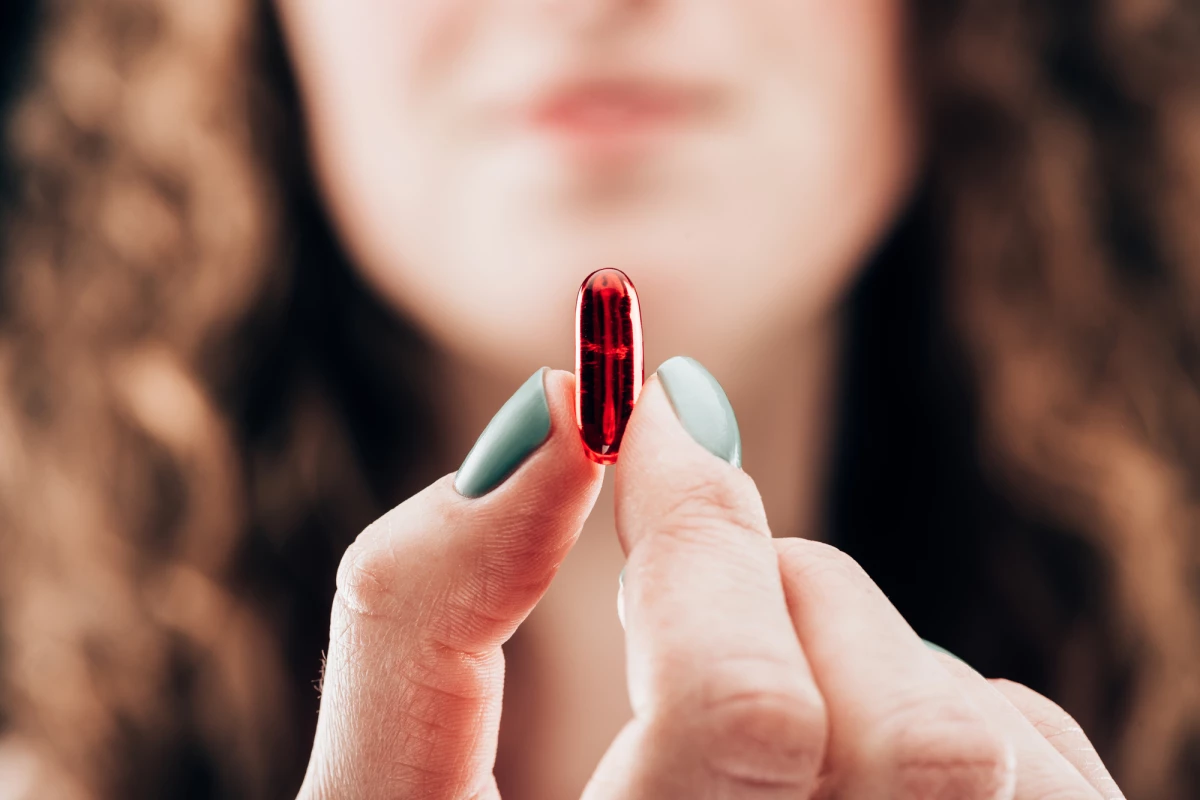Daily injections of insulin are a hassle for the hundreds of millions of people with diabetes. An oral pill would be much easier to swallow (pun intended), and now researchers from New York University Abu Dhabi have developed a new method for packing insulin into capsules that can survive the trip through the stomach to the bloodstream, and only release their payload when it’s needed.
Diabetes is characterized by inconsistent levels of insulin, a hormone that regulates glucose levels in the blood. Normally the condition is managed with regular subcutaneous injections, but they can be difficult for patients to self-administer, and the unpleasantness may make some people skip doses.
In an ideal world, managing diabetes would be as simple as popping a pill, but unfortunately developing that kind of system has been tricky. Insulin is a fragile molecule that’s quickly broken down in the stomach before it can work its magic. Much of the challenge for scientists then is to find ways to package insulin so it survives long enough to permeate the intestinal wall to get into the bloodstream.

Now, researchers at NYU Abu Dhabi have developed a system that can do just that. The team created what they call gastro-resistant imine-linked-covalent organic framework nanoparticles (nCOFs). These capsules load insulin between nanosheets that protect it from the harsh environment of the stomach, then make their way into the bloodstream through the intestinal barrier.
Once the nCOFs are in the blood, they can automatically monitor the patient’s insulin levels and only release the drug when it’s needed. The mechanism behind that is rather clever – glucose is a small molecule that can fit through the pores in the nCOF, so as levels of it rise it will be forced inside the nanoparticles, where it physically dislodges the insulin contained inside. That also works the other way, so the insulin release slows as blood glucose levels fall again.
"Our work overcomes insulin oral delivery barriers by using insulin-loaded nCOF nanoparticles which exhibit insulin protection in the stomach as well as a glucose-responsive release," says Farah Benyettou, lead author of the study. "This technology responds quickly to an elevation in blood sugar, but would promptly shut off to prevent insulin overdose and will dramatically improve the well-being of diabetic patients.”
In tests in diabetic rats, the team showed that nCOFs brought the animals’ blood glucose levels back to normal within two hours of swallowing the nanoparticles.
Other oral insulin delivery methods are in development, with two, Oramed and HDV-I, having been approved by the FDA already, while others take a more unique route with microneedles that directly inject insulin into the intestinal wall. But the team says that the new nCOF system has a few advantages. Not only does the insulin successfully survive the journey through the gastrointestinal tract, but it’s the first that can be triggered by hyperglycemia. Plus, the nanoparticles themselves have a high capacity for insulin, of around 65 weight-percent.
Of course, further work will be needed to investigate whether the benefits carry across to humans. But it’s a promising development nonetheless.
The research was published in the journal Chemical Science.
Source: NYU Abu Dhabi via Eurekalert




